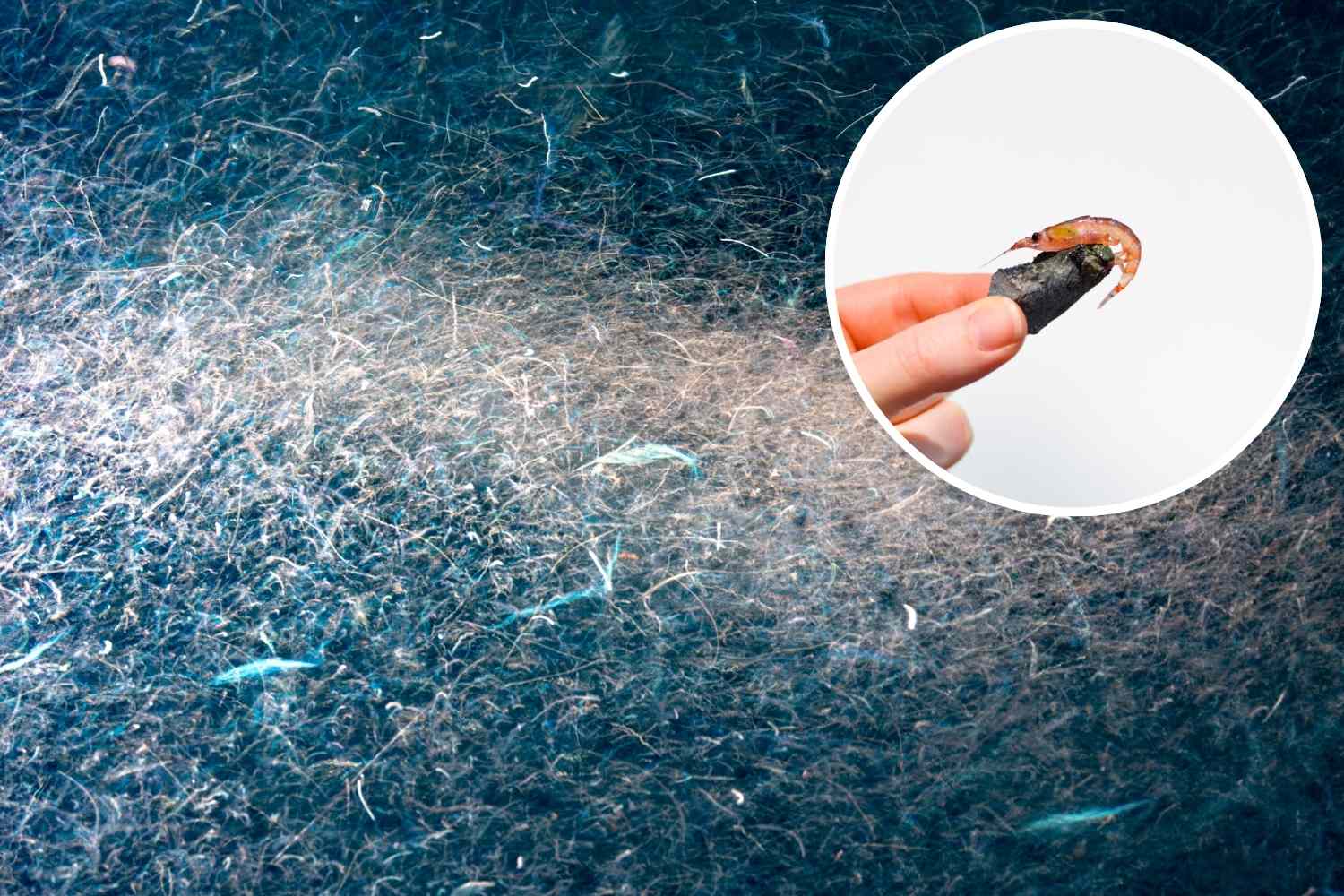Antarctic krill fishing halted for first time ever as fleets hit 620,000-ton quota in 7 months, threatening whales and penguins that depend on this vital food source.

That Omega-3 capsule sitting in your bathroom cabinet or the premium kibble for your pet might carry a hidden cost—one paid thousands of miles away in the planet’s most remote waters. For the first time in history, this cost has pushed international authorities to take drastic action: starting August 1st, 2025, krill fishing in the Antarctic Ocean has been precautionarily closed. An unprecedented decision that came as an emergency measure after industrial fleets reached the maximum annual catch quota of 620,000 tons (1.24 billion pounds) in just seven months.
But what exactly happened in the coldest, most remote waters on Earth? This isn’t about an unexpected abundance of these tiny shrimp-like creatures, Euphasia superba, but rather the result of increasingly aggressive and, most critically, concentrated industrial fishing. Krill forms the foundation of the Antarctic food chain—without it, penguins, seals, seabirds, and whales simply cannot survive. Yet its harvest has become an exponentially growing business, driven by surging demand from the dietary supplement industry, aquaculture feed (especially for farmed salmon), and pet food manufacturing.
The political failure behind record quotas
The record quota achievement stems directly from political failure. In October 2024, the Commission for the Conservation of Antarctic Marine Living Resources (CCAMLR)—the international body regulating fishing in the region—failed to renew a crucial measure that required fleets to distribute their fishing efforts across different areas. Without this rule, the 14 “super-trawlers”—massive fishing vessels flying flags from Norway, China, Chile, South Korea, and Ukraine—were free to concentrate in the krill-richest zones. The result? Massive, localized extraction that emptied the natural “pantries” of Antarctic wildlife.
The industry loves calling itself sustainable, emphasizing that the 620,000-ton (1.24 billion-pound) limit represents only a tiny fraction of total krill biomass. However, as the NGO Sea Shepherd points out, this claim is “profoundly and deliberately misleading.” It’s like saying you can hunt only 1% of a nation’s deer population, but allowing hunters to take them all from a single, small national park, the nonprofit organization explained. This year, fishing concentration in sensitive areas was nearly 60% higher than in previous years, precisely in those coastal zones where whales and penguins gather to feed.
Unsustainable numbers with visible consequences
The consequences are already visible and dramatic. The impact isn’t just indirect—those enormous trawling nets pose a deadly threat. Sea Shepherd documented how, on March 25th, 2025, a whale became trapped and died in the net of the fishing vessel Antarctic Endeavor. This wasn’t an isolated incident, as at least three other young humpback whales suffered the same fate in 2024 alone.
This crisis fits into an already alarming picture. For years, Argentina and Chile’s proposal to create a large Marine Protected Area around the Antarctic Peninsula—one of the most exploited zones—has been systematically blocked by Russian and Chinese vetoes at CCAMLR meetings. Meanwhile, emperor penguin populations, already severely stressed by climate change melting their icy habitat, are watching their primary food source dwindle as well.
It’s worth noting that this isn’t just about Antarctic wildlife—it’s about the supplements and pet food that end up on our shelves. The irony is palpable: we’re taking Omega-3s for our health while potentially compromising an entire ecosystem’s wellbeing.
A cry for help from the bottom of the world
While the Krill Producers Association (ARK) calls the current quota a “provisional measure” and pushes for increases, the scientific community and NGOs demand the opposite. The early fishing closure sends a signal that can no longer be ignored: Antarctica is asking for help.
The 32°F (-0°C) waters of the Southern Ocean might seem impossibly distant from our daily lives, but that little capsule in your medicine cabinet creates a direct connection. As industrial fleets strip-mine the base of the food web, the question becomes not just about sustainable fishing quotas, but about whether we’re willing to sacrifice one of Earth’s last pristine ecosystems for convenience supplements that, in many cases, we could obtain from other sources.
The unprecedented closure represents more than just a regulatory response—it’s a wake-up call that even the most remote corners of our planet aren’t immune to industrial overconsumption. The Antarctic’s icy silence is finally being heard, but whether it’s too late remains an open question.
Source: Sea Shepherd
